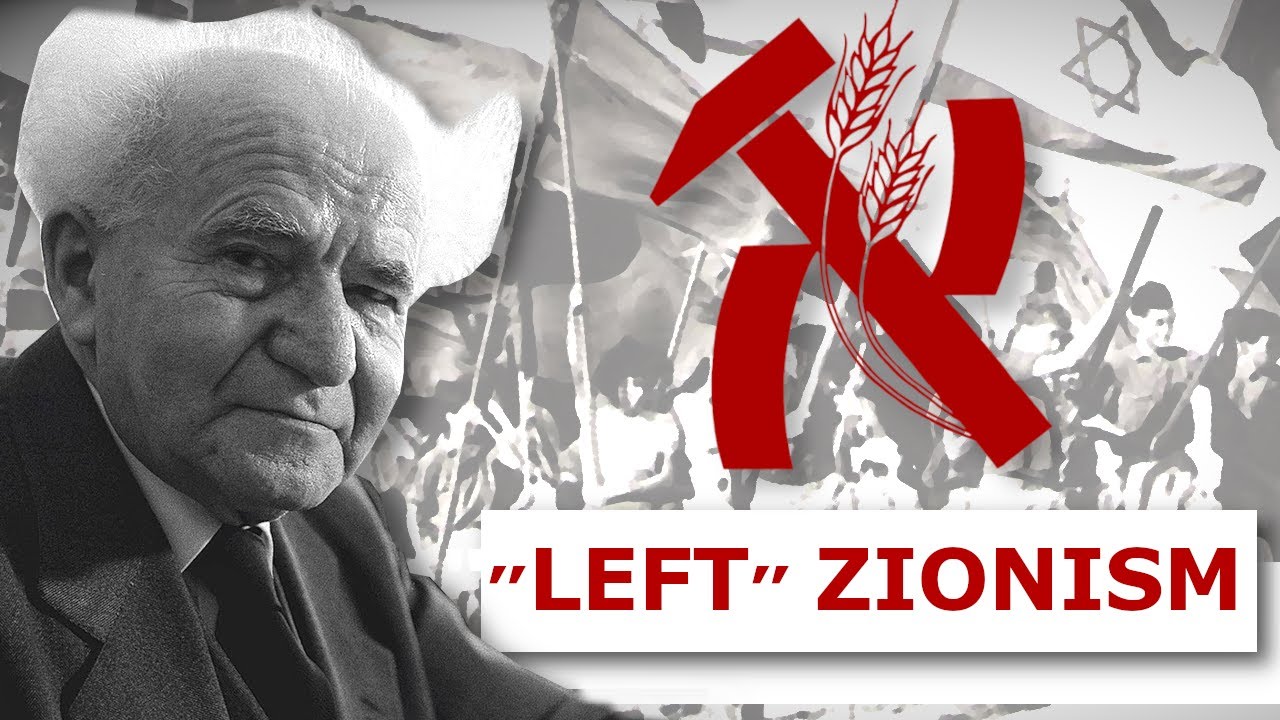When [Ben‐Gurion] witnessed the 1905 revolution in Russia, he thought that Jews would waste their lives in a hopeless cause, that while the revolution might liberate Russia, it will not liberate the Jewish people. Ben‐Gurion understood the power of Marxist ideas among young Jewish radicals. When he discovered Poale Zion, he didn’t agree with some of its professed principles. Quote, “I am not a Marxist”, but he saw the movement as an opportunity to draw socialists to the Zionist plan. He had to defeat the Bundists at their own game, so to speak, and Poale Zion was his chosen instrument.
[…]
A month later, he attended the Poale Zion congress of Palestine, now named Jewish Social‐Democratic Workers’ Party in the Land of Israel. There, as the chairman of the sessions, he argued against Jewish–Arab cooperation and argued for Avodah Ivrit, exclusively Jewish labour.
In the end, he was elected to the Central Committee and to the chairmanship of the party’s platform committee, and immediately began his work to exclude Palestinian workers on lands owned by the Jewish National Fund, implementing the [pseudo]socialist Zionist plan of the Kibbush Ha’avoda, the conquest of labor, invoking the dictatorship of the Hebrew labourer.
[…]
Ben‐Gurion’s line managed to push through the mention of national struggle alongside the class struggle and then finally in 1951 he would note, ‘Our state is neither capitalist nor socialist,’ it was simply a Jewish state. ‘Neither capitalist nor socialist.’ Where did we hear this one before?


